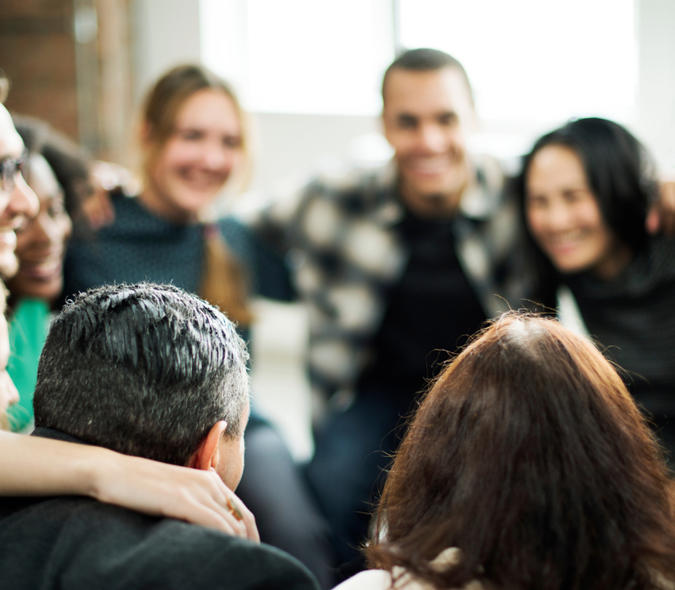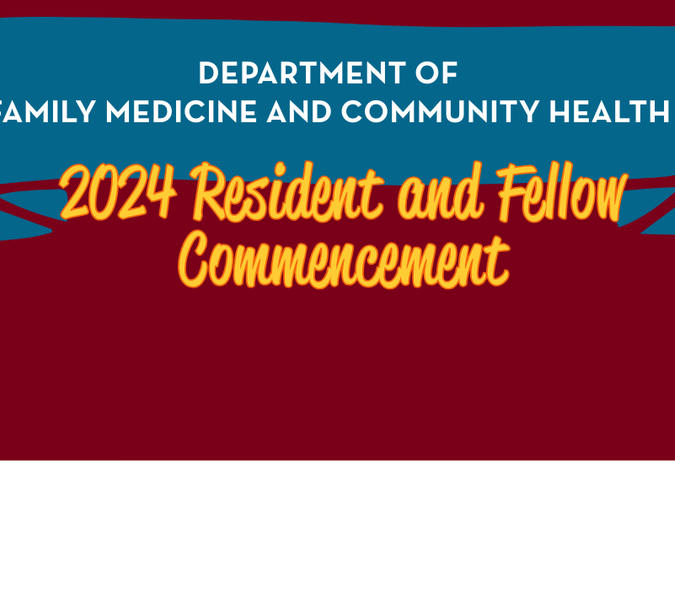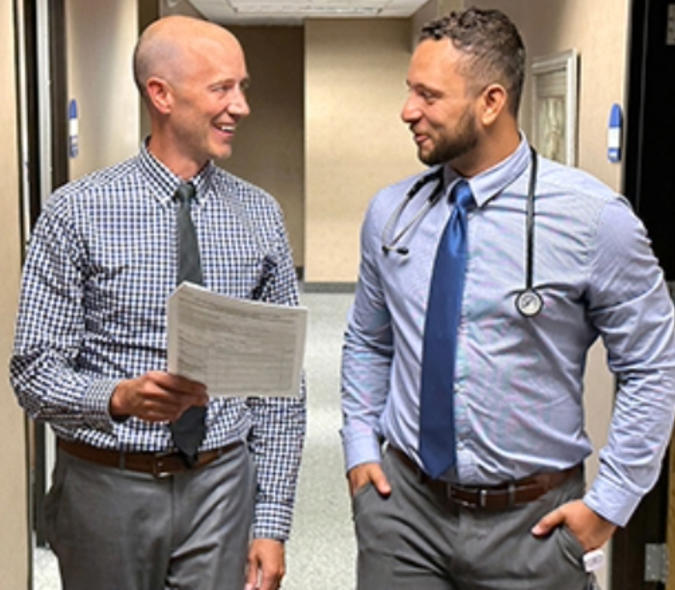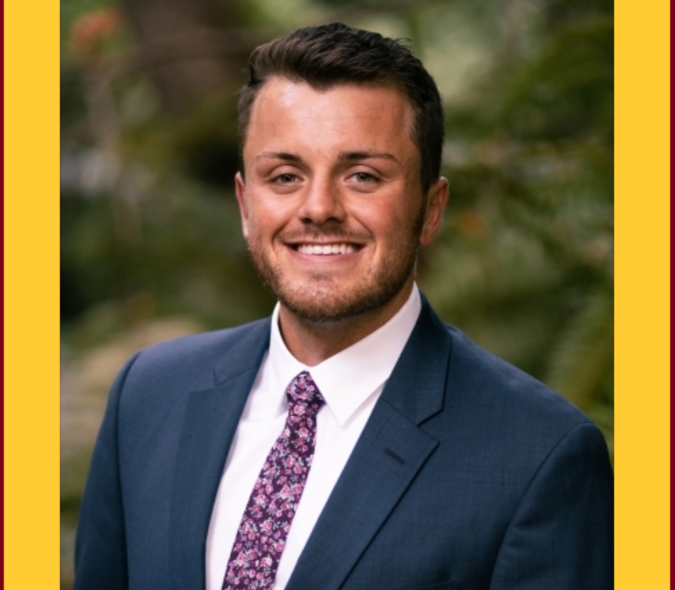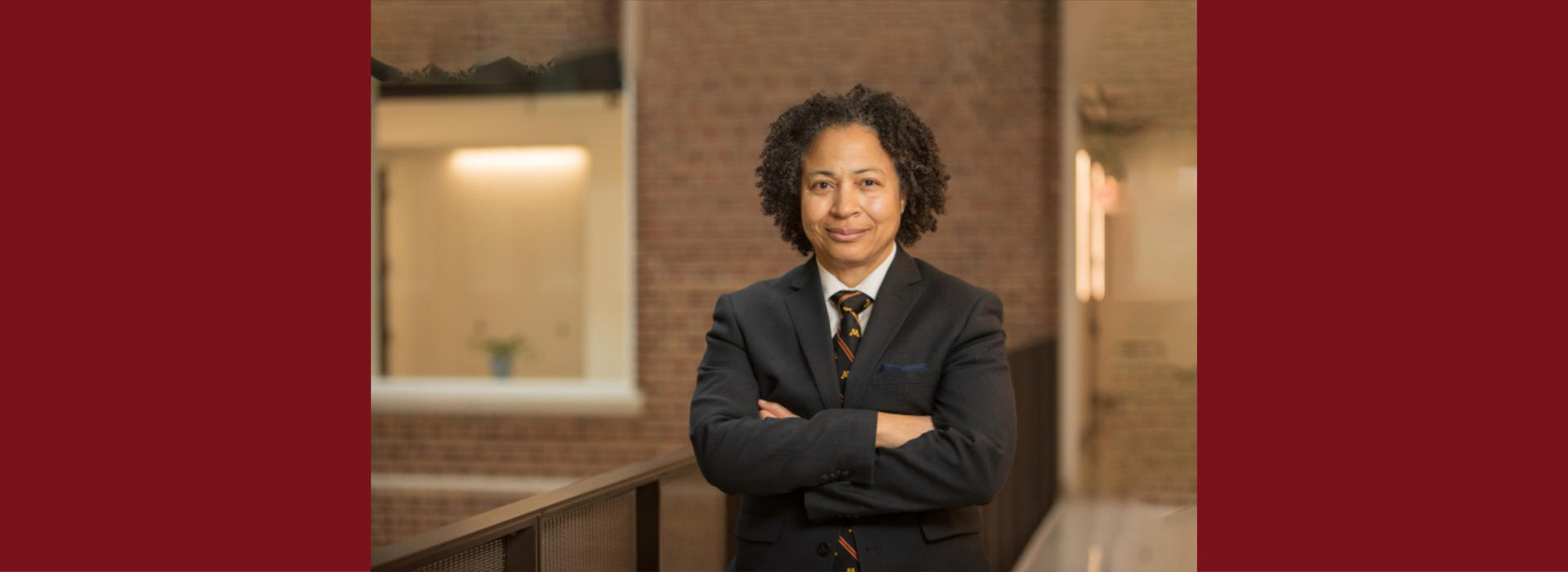
Interview with Renee Crichlow, MD: Setting the Bar in Advocacy and Policy
Renée Crichlow, MD, will be getting married in the near future to her partner Nancy Hathaway and relocating to Nancy's hometown of Boston. In January 2021, Dr. Crichlow will be assuming an exciting opportunity with the Boston University Family Medicine department as a vice chair and chief medical officer of one of the FQHCs that houses their residency program. We are thrilled for her to be embarking on these new roles. We wish her great success, and we thank her for her incredible contributions to our department and to family medicine.
What are you most proud of when you think back to your time at the University of Minnesota?
I am really proud of the people that we've trained. Even before the pandemic, it was always known that the U makes amazing family docs. But then when the pandemic hit, our folks stepped up and helped to take care of their communities. One of the reasons we taught advocacy was so that people could extend the voices that needed to be heard—and in a trusted way. Seeing our grads on social media and interacting with the press shows they're using their skills to help serve their communities. And that's pretty awesome.
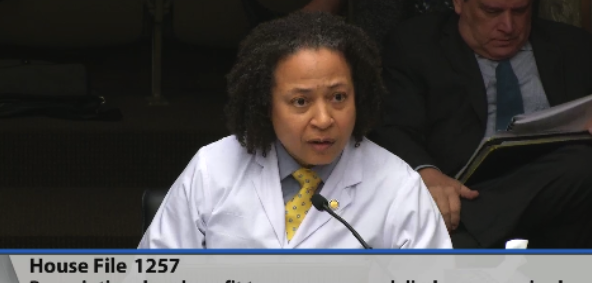
I'd also say I'm proud of helping to raise Minnesota's profile around leading in advocacy, policy skill-building, and advancements in advocacy such as our creation of the Resident Advocacy Cohort. We always set the bar, and people look to us for inspiration.
I really appreciate the way that we work with the MAFP. We're at the point where our family physicians are the ones they call when they need someone to testify before the state legislature. We really have moved the meter on policy and advocacy work, especially what a family physician is able to do in a way that's always been nonpartisan and about serving our patients and serving our communities.
Honestly, I'm seeing the younger ones already just blowing past me in their advocacy efforts. Some have triple the followers on Twitter and are in there fighting the good fight. One person can't change things, but we can definitely help catalyze each other.
What is your vision of the work that will come out of the endowed chair in advocacy and policy in coming years?
I look at this endowed chair as a position responsible for leadership in driving changes and addressing the social determinants of health through public policy and advocacy at the local, state, and national levels.
I'm very proud of the department for creating the chair. In doing this, it has enshrined the value of family medicine advocacy and policy. It says, "This is a critical part of taking care of our patients." And so, in coming months and years, this position should be about leading change and leading people in learning how to teach the way to lead change—using education as a force multiplier.
Also, Dr. Mac Baird is one of my heroes, and I want the actions of the chair to reflect that amazing human being.
You are beloved and respected by so many in our department, the Medical School, Minnesota, and beyond. What do you want to say to those who will be carrying on the advocacy and policy work that you've been championing?
Number one, I loved every moment that we built together. I really need all of you to know that it's never been about me. It's been about how family medicine engages in the world and continuity, comprehensiveness, and caring. And that doesn't end in the exam room. The infrastructure that we've developed is going to allow you all to continue to grow your influence and cultivate your position as a resource.
For every family medicine doctor, every person in our department—it's about being both a trusted resource and a vocal supporter. That kind of thing is not going to go away; it was here long before I came, and that's going to remain as long as people care and participate. And I believe that they will.
What are you looking forward to as you look ahead to your new life in Boston?
I look forward to my kids, my fiancé, and her kids just falling onto the couch, hugging and playing with our pets. Because I have really come to value the presence of family. So, snuggling on the couch is number one. That and warm lobster rolls.
In all seriousness though, the pandemic really makes you understand what's essential.
What do you think not a lot of people may consider when the topic of advocacy work comes up? What do you wish more people talked about or worked toward?
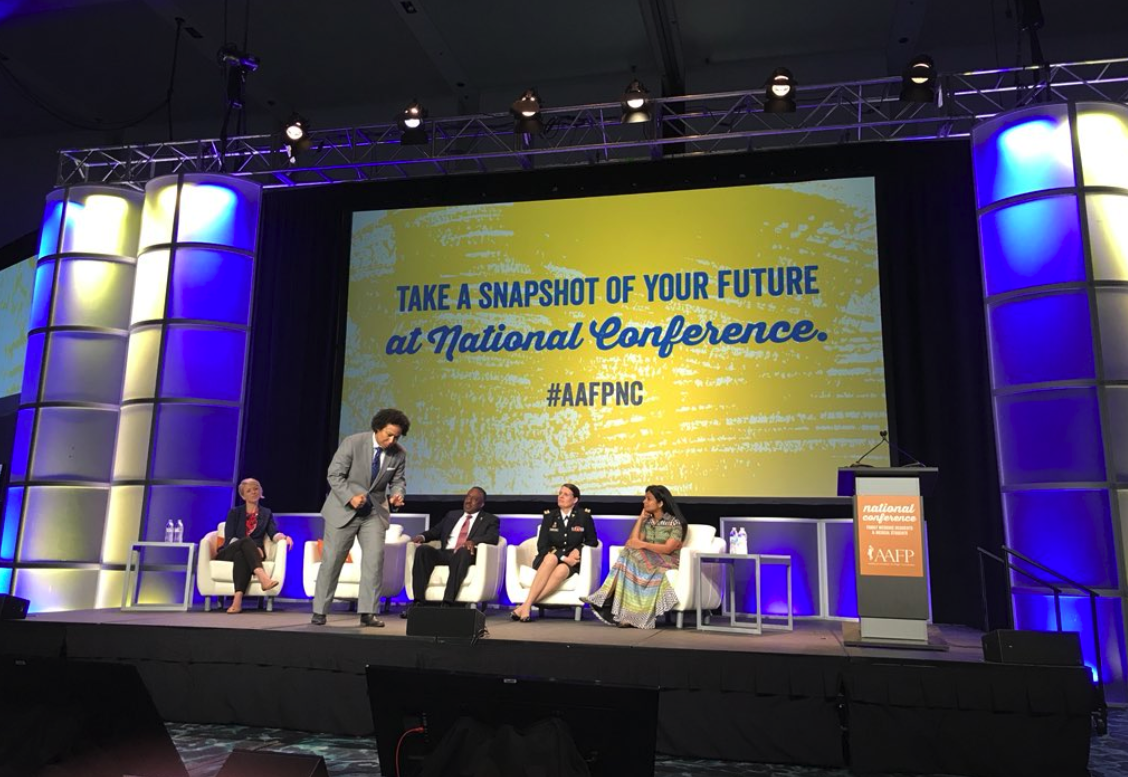
Sometimes I really wish more people could understand that even the little things make a difference. There are so many people who think, "Well, I can't do that. That's not who I am." You're already doing those things every day for your patients. Every time you do a prior authorization, every time you try to get them a wheelchair that's been denied—you're doing those little things and advocating every single day, and you should not stop doing that.
We should also realize that there's another level up, such as working with community organizations like MAFP, MMA, and AAFP. Then there's the next level: working with the policymakers. Our voice contributes to change at every single level. Not everyone has to do the full spectrum of advocacy and policy, but we need to understand that our voice is valued in that full spectrum of advocacy and policy. From the exam room to the neighborhood and community to the state and even on a national level.
Every doctor's got it in them. They just need to figure out at what level and how they're going to be using it. This is what we do as primary care physicians and family physicians: We are always advocating for our patients.
What would you say to aspiring family medicine physicians who want to make a difference in advocacy and in family medicine?
First, I would say that, like with everything, if you want to change the world, the first thing you need to do is look at yourself. You have to examine yourself and your role in the things that you want to change and why you're choosing to participate in these things.
For younger folks, one of the biggest things to do is to get involved with an organization that's already engaged. Get involved and learn because you learn best by participating. And there's so many different avenues that folks can learn, such as working with a community organization like the MAFP or the MMA. Just jump in. Because what a lot of people don't know is that there are no experts. We're all just doing our best.
And then, when working with community organizations, be humble. When learning and expressing and advocating, be humble. You can still be courageous while being humble.
Is there anything else that you'd like to share?
I would like to express my deep admiration for family medicine, our department, and the state of Minnesota. I spent 11 years here. It's unique and awesome, and I am really going to miss it.
No one does family medicine better than Minnesota. It is the best place in the world to learn to be a family doctor. I'm going to try to spread a little of that into New England. They're doing pretty good, but I'd say that Minnesota will be the model I will hold everyone there to. If you want to be good at family medicine, you've got to be as good as Minnesota.
